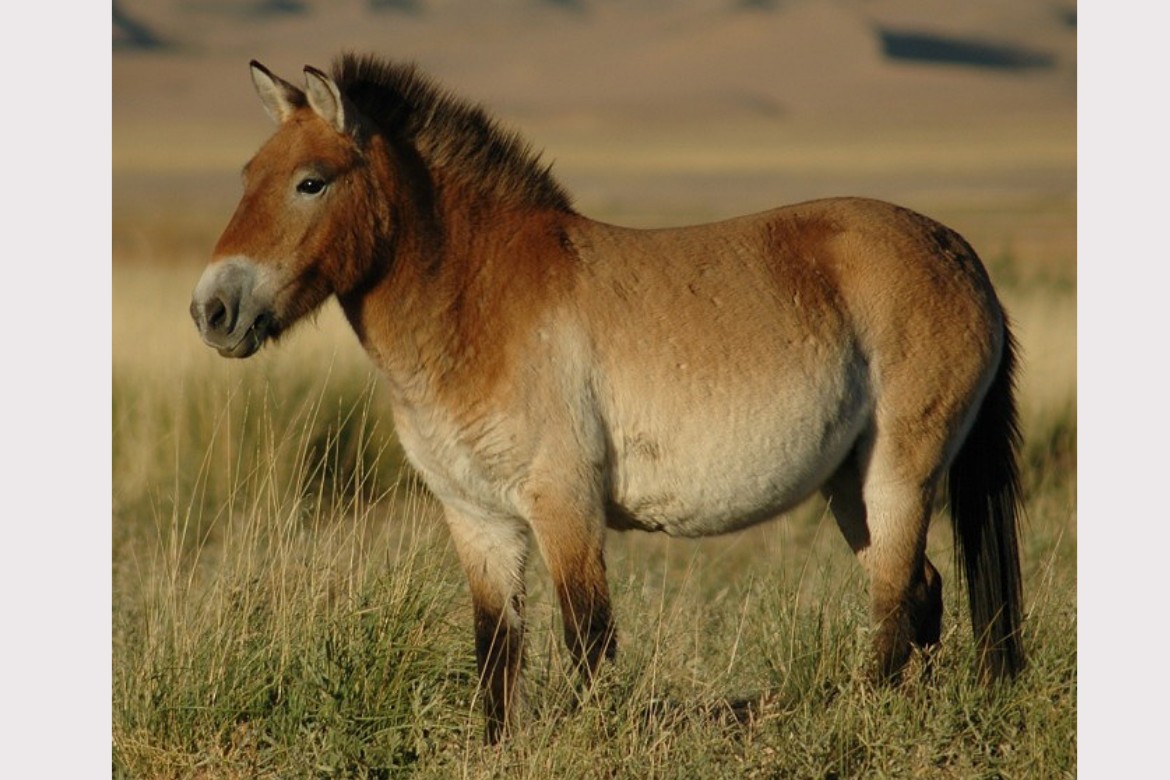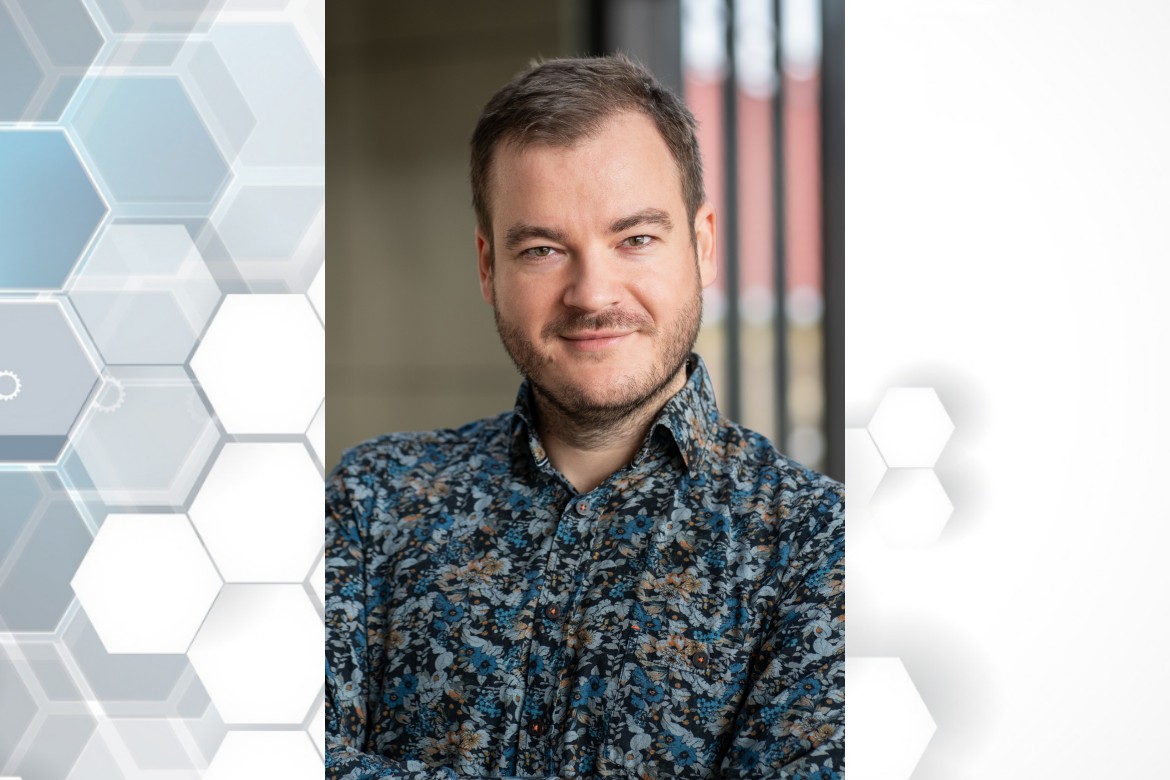ELTE Research Centre for the Humanities | 1097 Budapest, Tóth Kálmán utca 4. | HU15854939

New results on the history of horse domestication
- Details
- Category: News
New results on the history of horse domestication were published in the current issue of Acta Archaeologica Hungaricae in late 2025. The results confirm that an early horse lineage—widespread prior to the emergence of modern domestic horses—survived into the Middle Bronze Age in the Carpathian Basin. The study was conducted as part of a joint research programme of the ELTE RCH Institute of Archaeogenomics and the MTA–ELTE RCH Momentum BASES Research Group, which investigates the history of horses in the 3rd and 2nd millennia BCE.

Dániel Gerber among the winners of the Danubius Young Scientist Award 2025
- Details
- Category: News
This year, among the nominees from Hungary, Dániel Gerber, a research fellow at our institute, received the Danubius Young Scientist Award, an honor granted by the Vienna-based Institute for the Danube Region and Central Europe (IDM) and the Austrian Federal Ministry for Women, Science and Research.

Domestic and International Conferences – October–November 2025
- Details
- Category: News
Over the past two months, researchers from the Institute of Archaeogenomics have presented their current and exciting findings at numerous scientific conferences both in Hungary and abroad. In this summary, we provide an overview of the talks delivered.

Faces of Jelena – a short film tells the story of Hungary’s first facial reconstruction of a Bronze Age woman
- Details
- Category: News
In 2003, the graves of 11 individuals from the Early Bronze Age were found in two grave groups at the Balatonkeresztúr-Réti-dűlő site during excavations along the route of motorway M7 in Hungary. One of these graves (no. 13) belonged to a woman aged 35–45 at the time of her death. Her skull was preserved in very good condition, providing the basis for the first facial reconstruction of a Bronze Age woman in Hungary, completed in 2022.
More Articles …
Page 1 of 15


